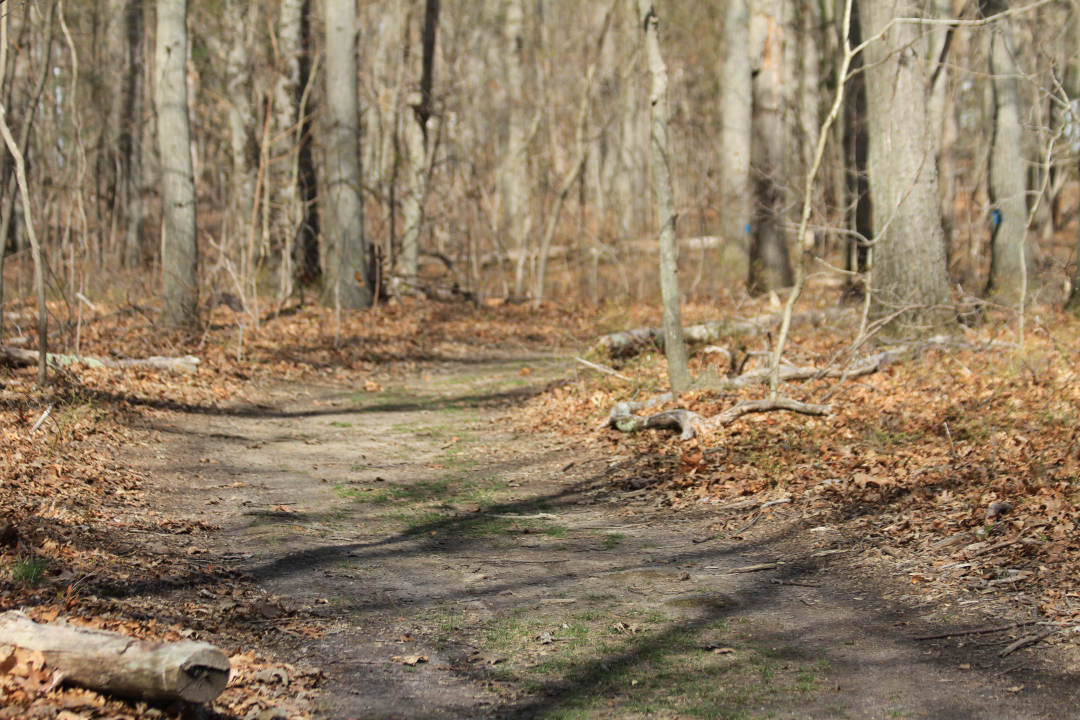
Professor Richard E. Leakey died on Jan. 2, at 77 years old in Nairobi, Kenya, leaving behind an extensive paleoanthropology and conservationist career as a Stony Brook professor in the Department of Anthropology and the founder of the Turkana Basin Institute (TBI).
“I am deeply saddened by the news of Dr. Leakey’s passing, and send my condolences to his loving family, friends, colleagues, and the many people he inspired,” Maurie McInnis, Stony Brook University president said. “I cannot think of a scholar more reverent of life, dedicated as he was both to the understanding of the origins of humans and the conservation of wildlife.”
Stony Brook serves as the academic affiliate with the Turkana Institute, bolstering its reputation as an international center for studies and research on paleontology and paleoanthropology.
Leakey proposed his idea for the institute to the University in 2005, and by the end of 2007 it was completed and in operation.
“As a family, we are enormously grateful for the outpouring of warmth and support that we have received from so many friends here in Kenya and across the world. It brings us great comfort to know how much his life meant to so many,” Samira Leakey, the daughter of Richard Leakey, said in a statement released on behalf of the family.
One of Leakey’s most important contributions to paleontology and evolutionary biology was the discovery of “Turkana boy” in 1984, a 1.6 million year old skeleton of a young boy. Earlier in 1967, Leakey also discovered two partial fossil hominid skulls during an expedition in Ethiopia’s Omo Valley.
“He had equally impactful careers in so many different areas,” Professor Lawrence Martin, director of TBI, said in an interview with the New York Times, stating that Leakey “has probably been responsible for producing close to half of the world’s evidence for human evolution.”
His work placed him on the cover of Time magazine in 1977 and in the 1981 BBC program “The Making of Mankind,” as well as gave him the inspiration to write over a dozen books on his life and work experiences.
As a conservationist, Leakey served as the head of the Kenyan Wildlife Conservation and Management Department, director of the National Museums of Kenya and the head of the nation’s public service. Leakey was in charge of reducing poaching levels and reorganizing Kenya’s national park systems.
“On behalf of the people of Kenya, my family and on my own behalf, I send heartfelt condolences and sympathies to the family, friends and associates of Dr. Richard Leakey during this difficult period of mourning,” Kenyan President Uhuru Kenyatta said in a statement released by the Republic.
Leakey also received an honorary degree from Stony Brook.














